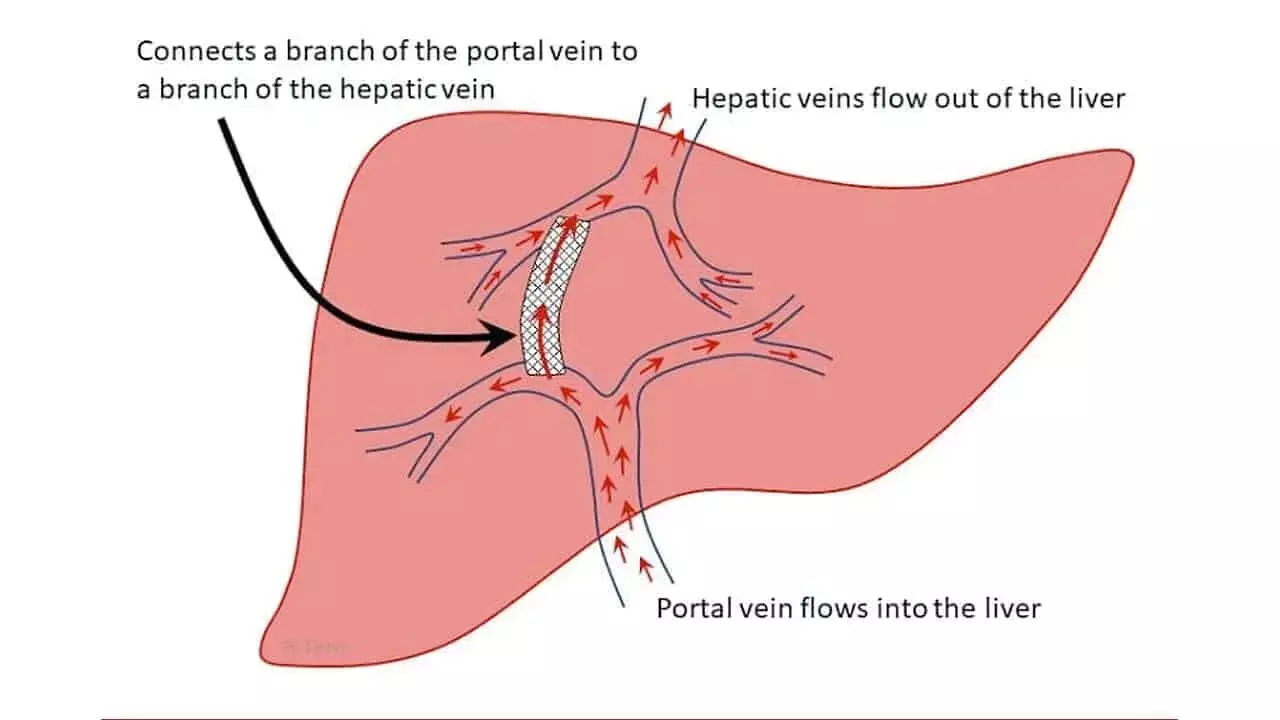- Home
- Medical news & Guidelines
- Anesthesiology
- Cardiology and CTVS
- Critical Care
- Dentistry
- Dermatology
- Diabetes and Endocrinology
- ENT
- Gastroenterology
- Medicine
- Nephrology
- Neurology
- Obstretics-Gynaecology
- Oncology
- Ophthalmology
- Orthopaedics
- Pediatrics-Neonatology
- Psychiatry
- Pulmonology
- Radiology
- Surgery
- Urology
- Laboratory Medicine
- Diet
- Nursing
- Paramedical
- Physiotherapy
- Health news
- Fact Check
- Bone Health Fact Check
- Brain Health Fact Check
- Cancer Related Fact Check
- Child Care Fact Check
- Dental and oral health fact check
- Diabetes and metabolic health fact check
- Diet and Nutrition Fact Check
- Eye and ENT Care Fact Check
- Fitness fact check
- Gut health fact check
- Heart health fact check
- Kidney health fact check
- Medical education fact check
- Men's health fact check
- Respiratory fact check
- Skin and hair care fact check
- Vaccine and Immunization fact check
- Women's health fact check
- AYUSH
- State News
- Andaman and Nicobar Islands
- Andhra Pradesh
- Arunachal Pradesh
- Assam
- Bihar
- Chandigarh
- Chattisgarh
- Dadra and Nagar Haveli
- Daman and Diu
- Delhi
- Goa
- Gujarat
- Haryana
- Himachal Pradesh
- Jammu & Kashmir
- Jharkhand
- Karnataka
- Kerala
- Ladakh
- Lakshadweep
- Madhya Pradesh
- Maharashtra
- Manipur
- Meghalaya
- Mizoram
- Nagaland
- Odisha
- Puducherry
- Punjab
- Rajasthan
- Sikkim
- Tamil Nadu
- Telangana
- Tripura
- Uttar Pradesh
- Uttrakhand
- West Bengal
- Medical Education
- Industry
TIPS improves survival in highly selected patients with cirrhosis and portal hypertension

TIPS improves survival in highly selected patients with cirrhosis and portal hypertension suggests a new published in the Journal of Hepatology.
Further decompensation represents a prognostic stage of cirrhosis associated with higher mortality compared with first decompensation. A transjugular intrahepatic portosystemic shunt (TIPS) is indicated to prevent variceal rebleeding and for refractory ascites, but its overall efficacy to prevent further decompensations is unknown. This study assessed the incidence of further decompensation and mortality after TIPS vs. standard of care (SOC).
Controlled studies assessing covered TIPS compared with SOC for the indication of refractory ascites and prevention of variceal rebleeding published from 2004 to 2020 were considered. We collected individual patient data (IPD) to perform an IPD meta-analysis and to compare the treatment effect in a propensity score (PS)-matched population. Primary outcome was the incidence of further decompensation and the secondary outcome was overall survival.
Results
In total, 3,949 individual patient data sets were extracted from 12 controlled studies and, after PS matching, 2,338 patients with similar characteristics (SOC = 1,749; TIPS = 589) were analysed. The 2-year cumulative incidence function of further decompensation in the PS-matched population was 0.48 (95% CI 0.43–0.52) in the TIPS group vs. 0.63 (95% CI 0.61–0.65) in the SOC group (stratified Gray’s test, p <0.0001), considering mortality and liver transplantation as competing events. The lower further decompensation rate with TIPS was confirmed by adjusted IPD meta-analysis (hazard ratio 0.44; 95% CI 0.37–0.54) and was consistent across TIPS indication subgroups. The 2-year cumulative survival probability was higher with TIPS than with SOC (0.71 vs. 0.63; p = 0.0001).
The use of TIPS for refractory ascites and for prevention of variceal rebleeding reduces the incidence of a further decompensation event compared with SOC and increases survival in highly selected patients. A further decompensation (new or worsening ascites, variceal bleeding or rebleeding, hepatic encephalopathy, jaundice, hepatorenal syndrome–acute kidney injury and spontaneous bacterial peritonitis) in patients with cirrhosis is associated with a poor prognosis. Besides the known role of TIPS in portal hypertension-related complications, this study shows that TIPS is also able to decrease the overall risk of a further decompensation and increase survival compared with standard of care. These results further support the role of TIPS in the management of patients with cirrhosis and portal hypertension-related complications.
Reference:
Hélène Larrue, Gennaro D’Amico, Pol Olivas, Jean-Marie Péron, Juan-Carlos García-Pagán, Christophe BureauTIPS prevents further decompensation and improves survival in patients with cirrhosis and portal hypertension in an individual patient data meta-analysis†. Published:May 01, 2023DOI:https://doi.org/10.1016/j.jhep.2023.04.028
PlumX Metrics
Keywords:
Hélène Larrue, Gennaro D’Amico, Pol Olivas, Jean-Marie Péron, Juan-Carlos García-Pagán, Christophe Bureau, TIPS, prevents, further, decompensation, improves, survival, patients, cirrhosis, portal, hypertension, individual, patient data, meta-analysis
Dr. Shravani Dali has completed her BDS from Pravara institute of medical sciences, loni. Following which she extensively worked in the healthcare sector for 2+ years. She has been actively involved in writing blogs in field of health and wellness. Currently she is pursuing her Masters of public health-health administration from Tata institute of social sciences. She can be contacted at editorial@medicaldialogues.in.
Dr Kamal Kant Kohli-MBBS, DTCD- a chest specialist with more than 30 years of practice and a flair for writing clinical articles, Dr Kamal Kant Kohli joined Medical Dialogues as a Chief Editor of Medical News. Besides writing articles, as an editor, he proofreads and verifies all the medical content published on Medical Dialogues including those coming from journals, studies,medical conferences,guidelines etc. Email: drkohli@medicaldialogues.in. Contact no. 011-43720751


